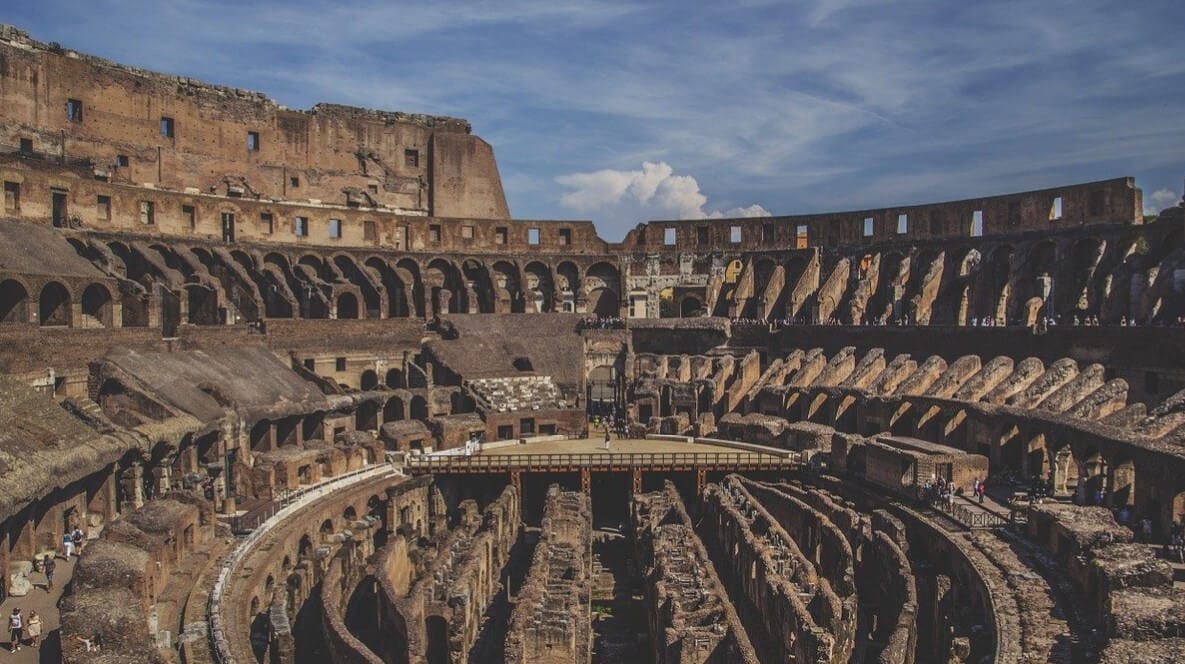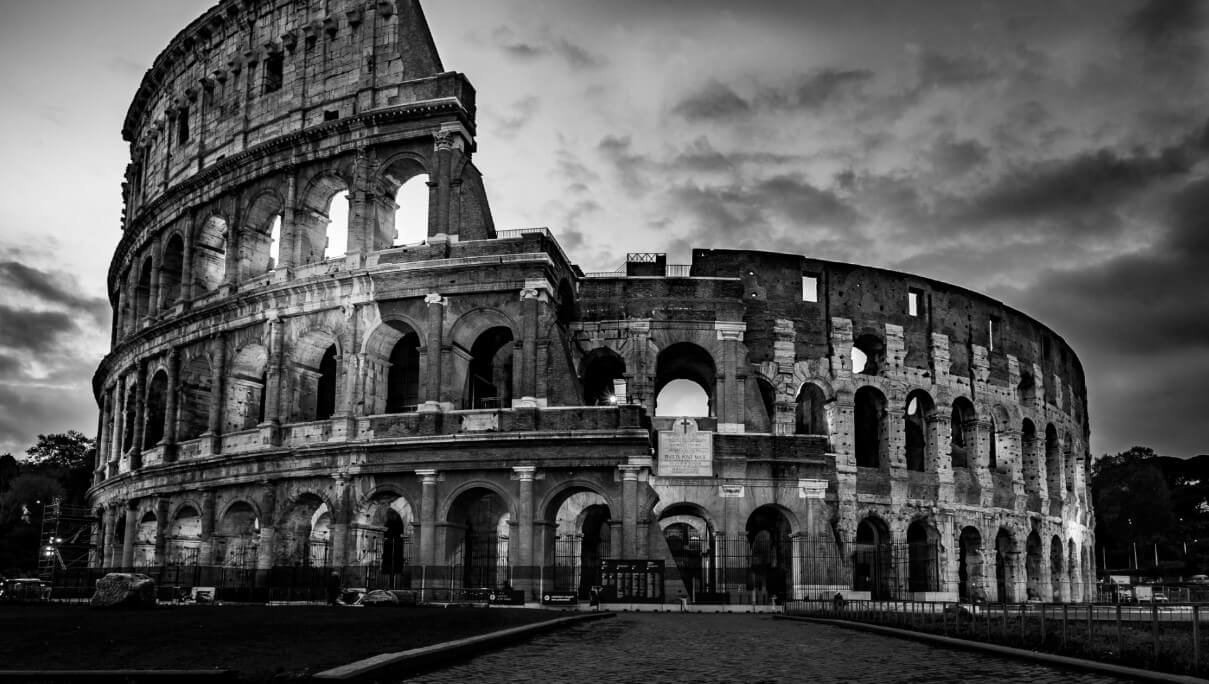
Munera Ancient Rome Meaning & Less-known facts
The Munera Rome were personally funded games and leisure activities, sponsored by members of the local elite. Unlike the formally organised state Ludi, the Roman Munera were entirely paid for by private citizens.
Doing their civic duty I suppose. Before those pesky officials got involved at least.
Read on to learn all about it!
Munera Definition – Munera Latin
From the Latin Munus or “gift” the term Munera implies a duty to give, or an obligation. This originally covered donations by private individuals to gladiator style events at funeral processions. Later, it became applied to any act of donation, including services to the Roman state.
The Origin of the Roman Games & Gladiators

The most well known of the Munera games were the gladiator games. The actual origin of the gladiator games is in dispute. It is widely believed that the tradition of gladiator games originates back to the ancient Ertruscan people. (If you don’t know who they are, check out the details here)
Gladiator games came to prominence with the Roman people in the third century BC. The Emperor and the state also organised games. For these types the aim was to keep the population under control, rather than the Munera which was more to do with generosity.
This was short lived however – from 293 AD they became compulsory and under the control of the state. At this point, the obligations extended from the elite to average Joe, who had to also donate to the greater good. This was unpopular. The Munera were abolished in the 5th Century AD.
Types of Munera
Gladiator games weren’t the only form of games sponsored services.
Check out some of the rest of the rest below:
- Banquets. Many rich dignitaries and citizens lavished delicious banquets on the general population
- Military services – including donating food, supplies and housing to soldiers
- Physical labour – this was often a duty of the lower classes. They would have to provide services such as the building of roads or buildings.
- Monetary duties – such as the collection of taxes.
The meaning behind Roman Munera Latin

The latin word Munus can mean a gift given freely – such as a present or celebration of someone’s life at a funeral. It could also mean a gift or donation given as a sense of duty.
3 Munera facts you didn’t know
- It is believed the gladiator style events originated when 2 sons of Brutus organised a fight in the marketplace in 264BC. It is said the fight was set up in honour of their father’s death
- The events were sometimes violent. Back in the reign of Tiberius, some protesters revolted, and Tiberius had to bring in the army to stop the trouble.
- The games events became more and more exotic. Lions and tigers were brought in to keep the crowds entertained!
Frequently asked questions

Here are some of the most frequently asked questions we get about the Roman Munera.
What is a Munera?
A donation to the public service - initially in the form of a funeral celebration or gladiator fight. Later, the Munera became obligatory and under the control of the state. At this point, other services such as construction of roads and bridges were introduced.
Who organized and paid for Munera?
The munera were provided by the elite. Wealthy individuals contributed their funds for gladiator fights, banquets and other forms of entertainment. Later, even the middle and lower classes had to contribute something.
What were gladiatorial bouts about in Ancient Rome?
Gladiator bouts were started as part of the funeral processions of wealthy individuals. Later, the Roman elite realised their popularity, and used them as a way of maintaining their popularity amongst the people.
Conclusion
The Munera was an interesting phenomenon in Ancient Rome and extended for hundreds of years. Mainly centred on gladiator fights, it spread to include the provision of other services and events.
If you want to know more about the whole gladiator thing, check out our detailed article about Gladiators in Colosseum.
Fanny, an ardent admirer of ancient history and architecture, has been fascinated by the Colosseum since her first visit to Rome in 2012. As a key contributor to the Visit Colosseum Rome blog, she brings her passion for the Roman Empire’s monumental legacy to every article and guide.
